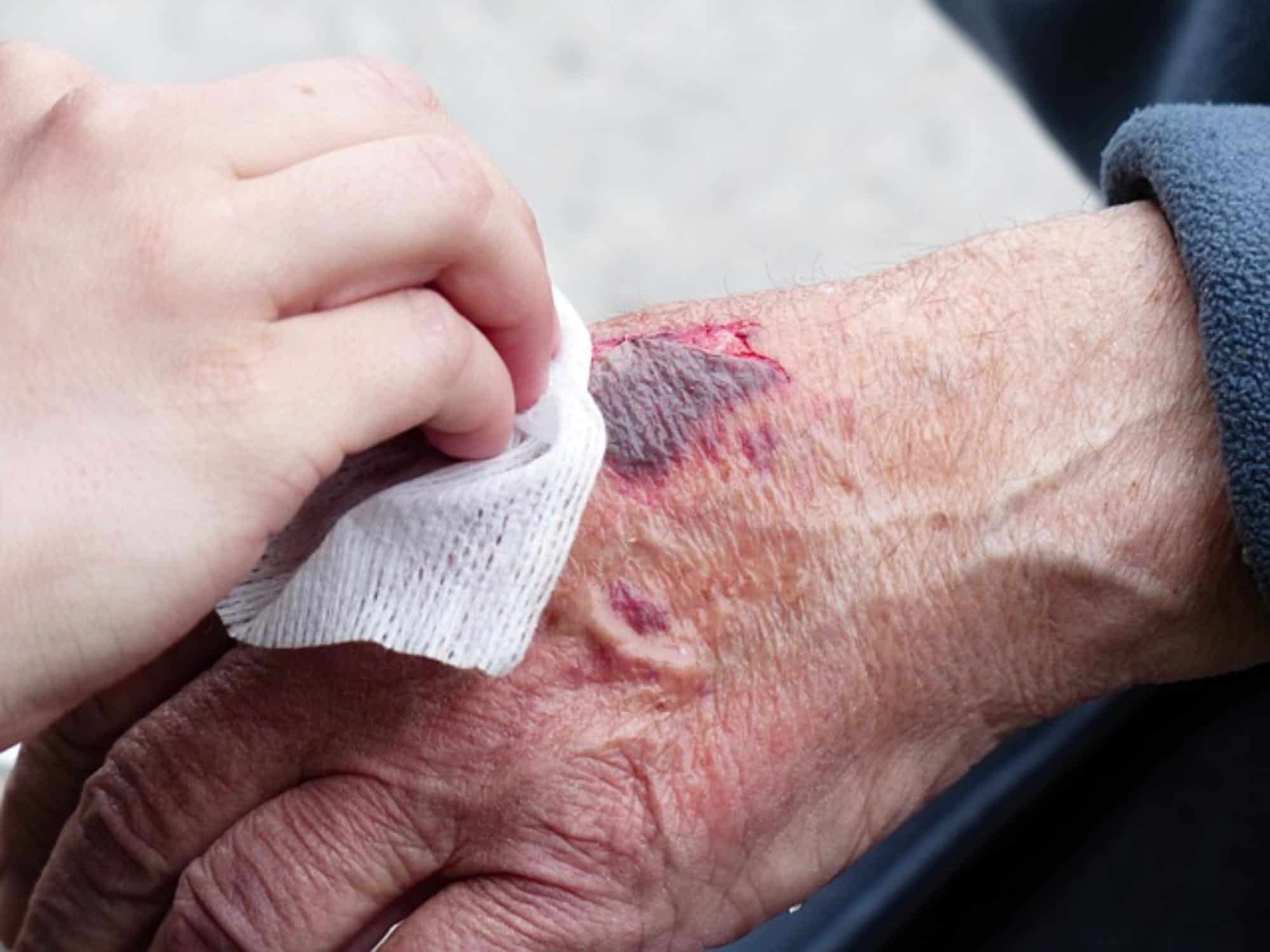Sepsis is an infection that has turned deadly. Pegasus senior care services in Chatsworth and elsewhere help individuals prevent infections. The following information on recognizing sepsis in the elderly can assist you in keeping your senior loved one safe.
Humans are continually exposed to bacteria, fungi, parasites, viruses, and other foreign invaders. Some are harmless. Some set up housekeeping and begin multiplying.
As foreign organisms reproduce, the body recognizes the growth as an infection. The immune system springs into action when it detects an infection. It has an arsenal of anti-inflammatory chemicals with which to fight the invaders.
Sometimes things go wrong with the immune response. The chemicals themselves create a whole-body inflammation. That means that the immune system has turned against the body.
The terms blood poisoning and septicemia refer to the infection entering the bloodstream. Sepsis occurs when the anti-inflammatory chemicals enter the bloodstream. Infections range from mild to severe, but sepsis is nearly always a life-threatening emergency.
As sepsis progresses, the flow of blood to vital organs is affected. That can lead to impaired functioning, if not failure, of the brain, heart, and kidneys. Blood clots can form, especially in the extremities, potentially causing gangrene.
Recognizing Symptoms Quickly Is Essential
The Sepsis Alliance has developed the slogan “It’s About Time” to bring awareness of sepsis to the public. Their statistics show that sepsis is a significant cause of death in the US. Despite that, many Americans are unaware of the symptoms and the need for early treatment.
They have also developed the following TIME acronym to help in the recognition of sepsis:
- T = temperature that is higher or lower than normal
- I = infection
- M = mental confusion or disorientation
- E = extremely ill
They have a downloadable infographic that also helps in recognizing the symptoms of sepsis.
One expert describes the symptoms of sepsis as follows:
- Shivering, fever, or very cold
- Extreme pain or general discomfort
- Pale or discolored skin
- Sleepy, lethargic, confused
- “I feel worse than I’ve ever felt”
- Shortness of breath
As a memory aid, the first letter of each symptom spells out the word sepsis.
Other experts offer these symptoms by which you can recognize sepsis:
- Infection is probable or confirmed
- Mental ability has changed
- Systolic blood pressure is less than 100
- Respiration exceeds 22 breaths per minute
If medical attention isn’t sought quickly, blood pressure continues to drop, and the body fails to utilize oxygen properly. The body goes into septic shock, which is fatal if not quickly treated.
Some experts describe sepsis as having three stages:
- Stage 1 – a fever exceeding 101.3 degrees, or a drop in temperature to less than 95 degrees; heart rate greater than 90 beats per minute; and respiration greater than 20 breaths per minute
- Stage 2 – difficulty breathing; stomach pain; decrease in urine; changes in mental ability; rapid heart rate
- Stage 3 – a dramatic drop in blood pressure and individual goes into septic shock
Sepsis is sneaky, and sometimes individuals aren’t aware of the early symptoms. By the time they realize something’s wrong, they’re critically ill. Having different ways of recognizing the symptoms helps people get treatment quickly.
If you or your loved one has an infection, and you notice any of these symptoms, seek medical attention. Do not wait to see if the symptoms go away or improve on their own. If sepsis is developing, each hour without treatment raises the risk of death by 8 percent.
The Elderly Are Susceptible To Sepsis
Older adults are more susceptible to sepsis than younger individuals. Part of that is due to the weakening of the immune system as people age. Seniors also have more medical conditions that can lead to infection.
Infections like pneumonia and urinary tract infections (UTIs) leave the elderly vulnerable to sepsis. Drugs or other treatments for disease can suppress the immune system so that it isn’t effective against infection. Some individuals are weak due to lifestyle habits such as poor nutrition or substance abuse.
Pressure ulcers (bedsores) are one of the primary causes of infection in bedridden individuals. Catheters can introduce bacteria into the body. A wound or any break in the skin can lead to an infection.
Diagnostic Tests May Be Needed
Sometimes it is difficult to obtain an accurate diagnosis for the elderly. For example, not every senior experiences a change in temperature. Confusion or disorientation is often attributed to dementia.
Physicians may order a variety of tests to confirm a diagnosis. Blood and urine analyses often reveal an infection. Depending on the symptoms and physical condition of your loved one, other tests may be necessary.
Antibiotics are the first line of treatment. Those are usually delivered by IV. If needed, oxygen, heart meds, or painkillers will be administered.
Pegasus is a licensed Home Care Organization and a Joint Commission Accredited Home Health Care organization. Part of our senior care in Chatsworth and our other locations is wound care and infection prevention. Our team tailors our services to meet individual needs and the level of care your senior loved one requires.

